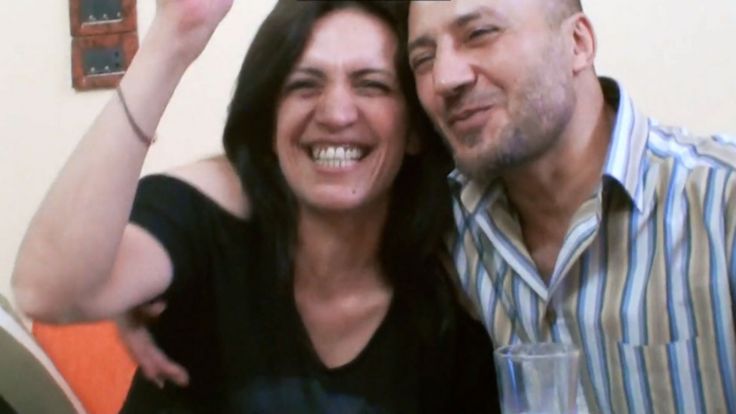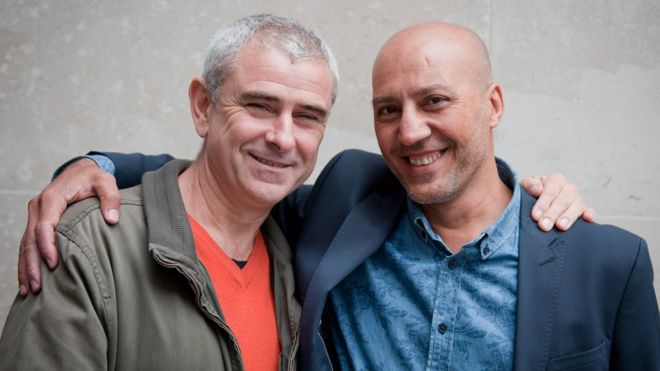Music of Syria
Some genres of music I found that are popular in Syria are a lot of Arabic Music and what they call dance music. Arabic music is the music of the Arab world. Arab music, while independent and flourishing in the 2010's, has a long history of interaction with many other regional musical styles and genres. Dance music or other wise called Dabke is a modern Levantine Arab folk circle dance possible Canaanite or Phoenician origin. It is a dance performed in the Palestinian Territories, Syria, Jordan, Iraq, Lebanon, and north Saudi Arabia.
Some popular male singers I found are George Wassouf and Nour Mhana. Here are some pictures and videos of them singing some songs of theirs.
George Wassouf-
Nour Mhanna-
Shahd Barmada
Some popular groups and bands in Syria I found are Khebez Dawle and Tanjaret Daghet. Here are some pictures and videos of them singing.
Khebez Dawle

